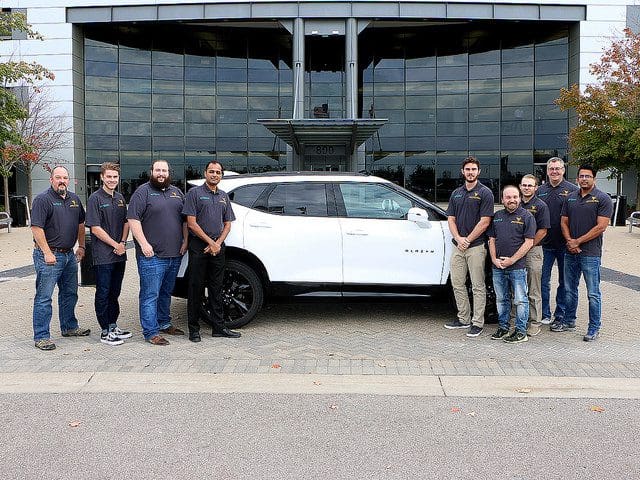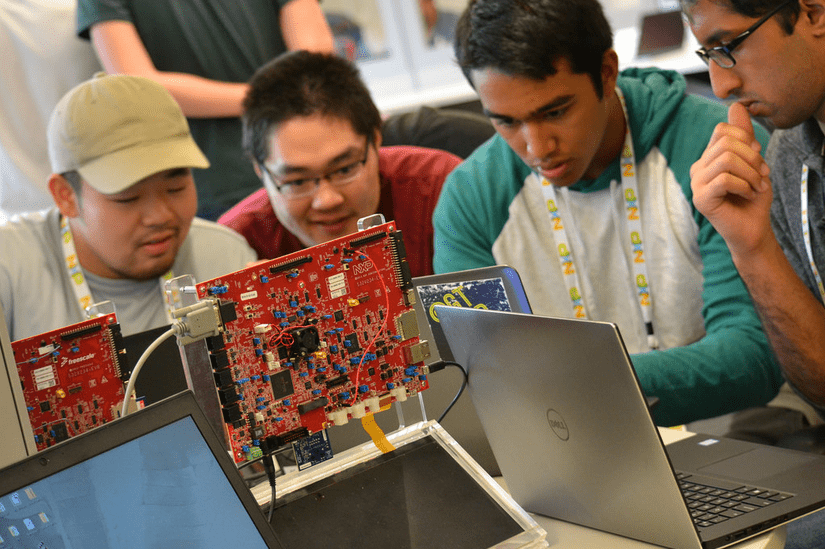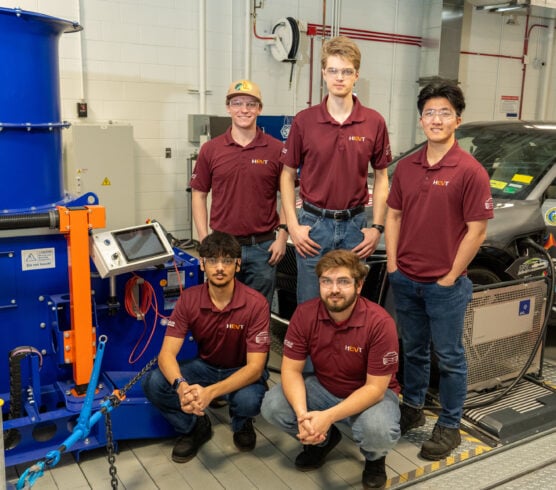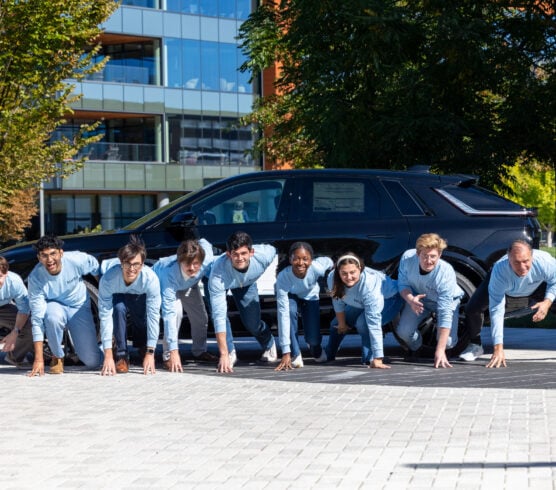The EcoCAR Mobility Challenge (EcoCAR) is the latest U.S. Department of Energy (DOE) Advanced Vehicle Technology Competition (AVTC) series. The four-year competition will challenge 12 university teams to apply advanced propulsion systems, as well as connected and automated vehicle technology to improve the energy efficiency, safety and consumer appeal of the 2019 Chevrolet Blazer – Specifically for the carsharing market. Headline sponsored by DOE, General Motors (GM) and MathWorks, and managed by Argonne National Laboratory, EcoCAR highlights the best and brightest students in manufacturing and STEM careers.
The future of mobility is rapidly changing as customers look for options to meet their transportation needs to get from point A to point B – safely, conveniently and cost-effectively. The traditional model of the personally owned vehicles has expanded in recent years to included shared mobility solutions that are consumed as a service – also known as Mobility as a Services (MaaS). Carsharing, one of the emerging MaaS applications, enables consumers to access to mobility solutions that could someday feature new connected and automated vehicle technologies with the potential to transform mobility.
EcoCAR puts the students in the driver’s seat, providing a real-world training ground for students to gain hands-on experience following a multi-year vehicle development process to design, integrate and refine efficient mobility solutions.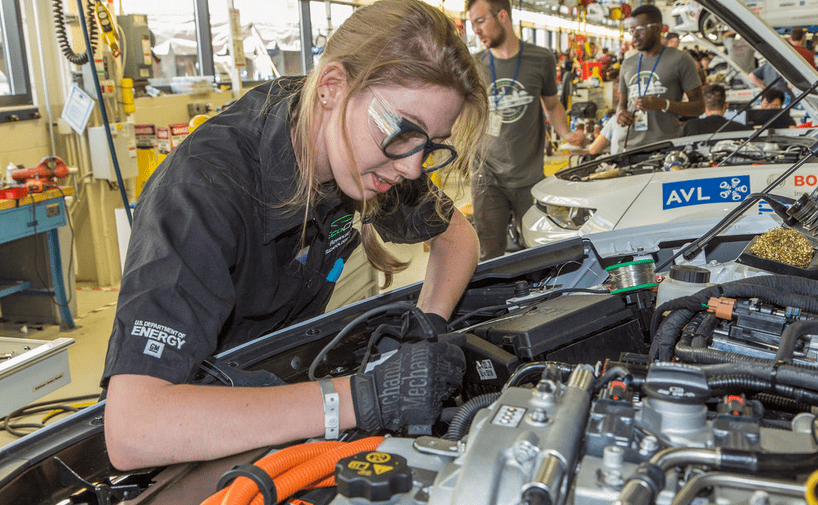
EcoCAR is aimed at developing a highly skilled, domestic workforce by providing hands-on experience designing and building next-generation mobility solutions to meet our nation’s future energy and mobility challenges. Participating teams will apply advanced propulsion systems, electrification, SAE Level 2 automation, and vehicle connectivity to improve the energy efficiency of a 2019 Chevrolet Blazer – all while balancing factors such as emissions, safety, utility, and consumer acceptability. SAE Level 2 automation refers to a vehicle has combined automated functions, like acceleration and steering, but the driver must remain engaged with the driving task and monitor the environment at all times.
Teams will use onboard sensors and wireless communication from the vehicles surrounding environment to improve overall operation efficiency in the connected urban environment of the future.
General Motors will provide each team with a 2019 Chevrolet Blazer, which they have four years to design, integrate and refine into a new, advanced technology, energy-efficient mobility solution for the carsharing market. Teams will follow a real-world vehicle development process to meet rigorous technical constraints throughout the four-year competition, which will conclude in the summer of 2022.
